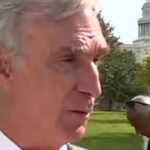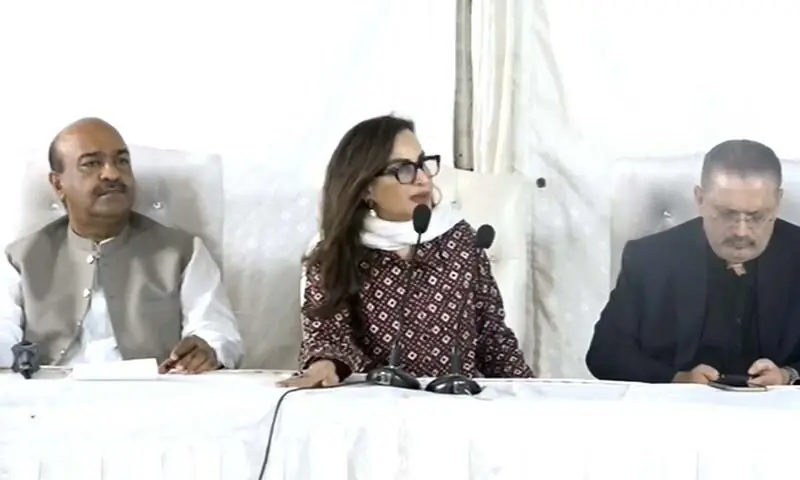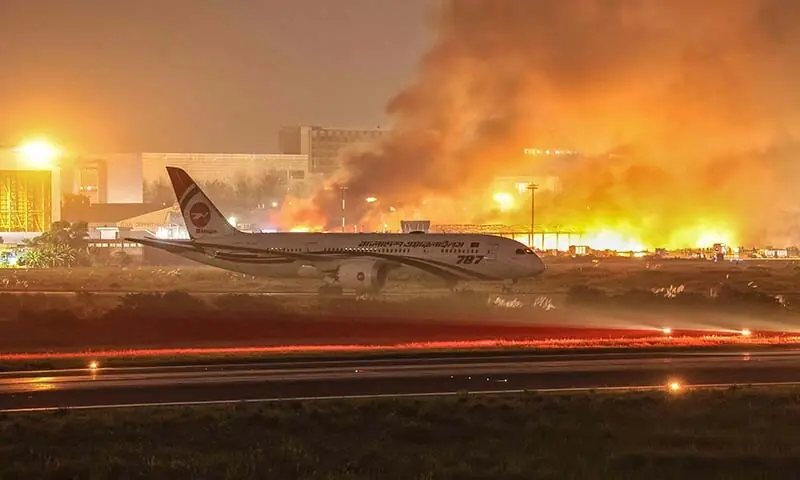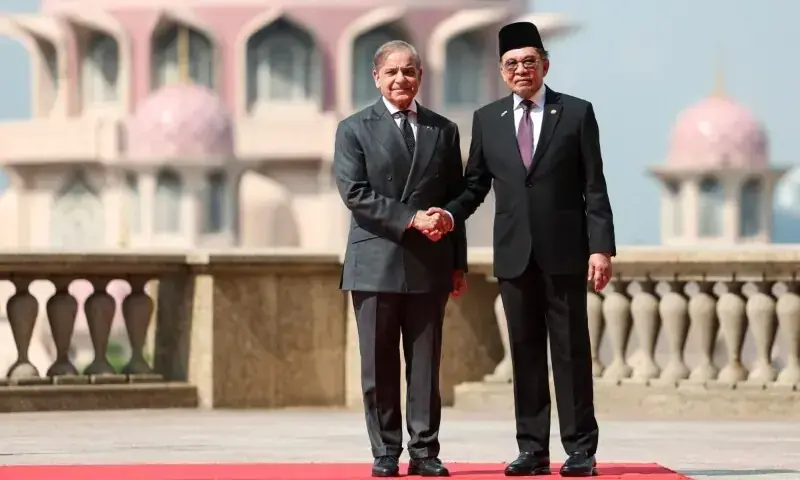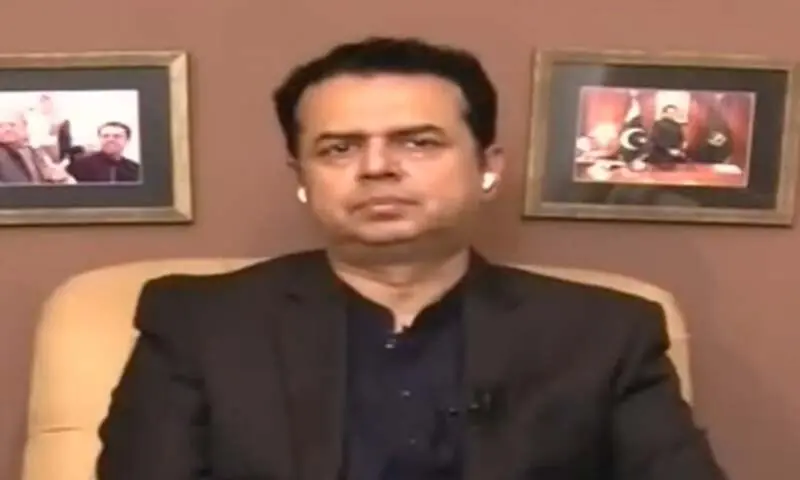• Meeting of political, religious leaders and tribal elders expresses concern over security situation
• Seeks greater autonomy, control of resources and an end to the ‘master-slave’ mentality
• Delegation to hold conversations with the Center on controversial issues
QUETTA: Political and religious leaders, tribal elders and members of civil society have expressed serious concerns over the deteriorating law and order situation in Balochistan, highlighting that peace remains elusive despite an annual security expenditure of 80 billion rupees “due to lack of genuine representation” in the provincial assembly.
In a meeting organized by Jamaat-i-Islami (JI) Balochistan and chaired by the party’s provincial emir Maulana Hidayatur Rehman, participants criticized the federal government and the “powerful quarters” for denying the province control over its resources, as granted under the 18th constitutional amendment decree. They also suggested that security forces should be confined to their barracks.
A joint statement issued on Wednesday highlighted the worsening unemployment crisis in the province, particularly in the Makran border areas, where the closure of the borders with Iran has left more than three million people out of work.
The meeting emphasized that Balochistan has been treated as a “colony”, and agreements made with its people are constantly violated.
Participants accused the federal government and the establishment of perpetuating a “master-slave” mentality, which has fueled rebellion and resentment among the province’s youth.
Tribal elders called for meaningful dialogues between elected representatives of Balochistan, tribal leaders and federal authorities to address constitutional issues.
They demanded an end to political interference in provincial affairs and the restoration of governance in the hands of elected representatives. The federal government was urged to end “forced control” over local resources, such as Reko Diq and gas and coal deposits, and to void illegal contracts. A commission was proposed to account for the wealth extracted from the province.
The statement criticizes the security forces’ interference in tribal affairs, which has caused widespread discontent among locals. He called on the military to refrain from involvement in local affairs and urged that the Levies force and local police be entrusted with the maintenance of law and order. Participants also raised the issue of forced disappearances, particularly of young people, and denounced the government’s lack of trust in the judiciary.
Participants rejected the closure of borders and the division of tribes living on both sides, warning that tribes may take independent action if borders are not reopened. They also opposed the illegal allocation of land to “non-locals” and called for the cancellation of such allocations. Concerns were raised about the control of the Balochistan coast and the activities of the “trawler mafia”.
The meeting emphasized the unity of all ethnic groups in Balochistan and advocated that the term “Balochistan” describe all residents, including those of Quetta.
It was decided to form a committee representing all tribes to implement the agreed actions and oversee future tribal consultations across the province. A representative delegation will negotiate with the federal government and other interested parties, culminating in a large tribal convention in Quetta.
Published in Amanecer, January 2, 2025.



